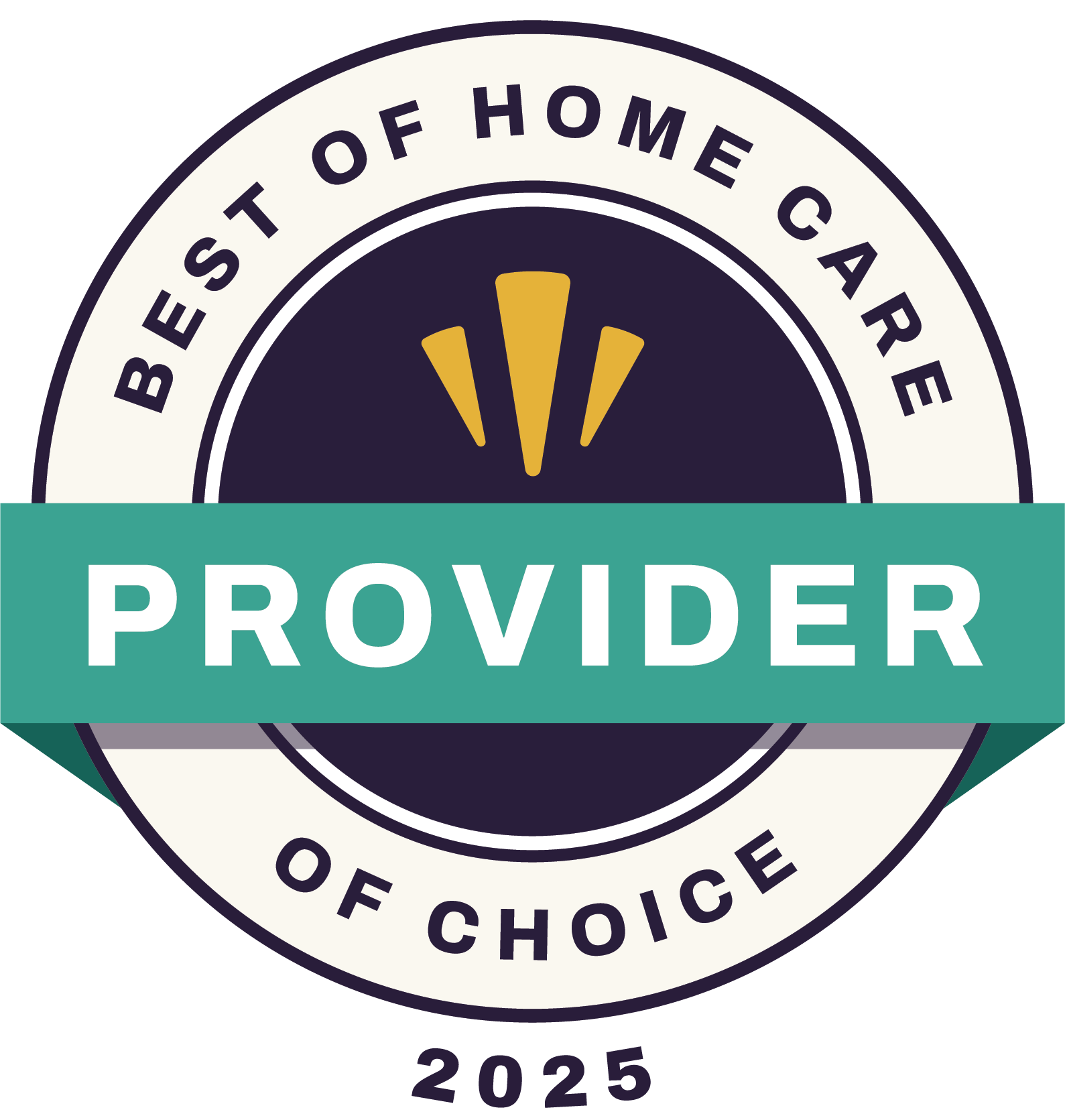COVID-19 and Dementia: 4 Important Tips for Caregivers
The pandemic has touched every single corner of our society. And a new study published in The Lancet highlights just how disproportionately COVID-19 has affected seniors who have dementia. Not only has the virus swept through the close quarters of many long-term care facilities, but for seniors who still live independently, the recent public health restrictions have resulted in limited or eliminated outings, visits from friends and family, and therapeutic connections. For those who have dementia, these COVID-19 restrictions can be both frustrating and confusing.
Caregivers and home health aides face a unique challenge when helping those with dementia during the coronavirus pandemic. The following four caregiver tips and strategies can help you navigate your journey during these unusual and uncertain times.
How to Care for Seniors With Dementia During the COVID-19 Pandemic
1. Practice Grace and Patience
The constantly changing protocols and social rules surrounding the pandemic can be confusing for anyone, and especially more so for seniors with dementia. After all, confusion is one of the most prominent early signs of dementia.
Remind yourself to practice patience and grace, and try to give the seniors in your care extra time to process new or updated information about COVID-19 in your city or community.
2. Provide Extra Hygiene Reminders
Seniors living with dementia may benefit from having extra reminders that help them to follow proper hygienic practices. For example, caregivers may want to place signs in bathrooms and kitchens reminding those in their care to wash their hands for a minimum of 20 seconds.
Similar strategies that you may want to consider using include:
-
Posting a "did you pack your mask?" reminder near the front door.
-
Leaving a note or a card in their purse or bag that reminds them about current social distancing rules.
-
Frequently demonstrating hygiene best practices. For example, caregivers may want to regularly demonstrate to their seniors how to wash their hands or how to properly wear a mask.
3. Plan Ahead to Reduce Unnecessary Public Exposure
Community spread is one of the greatest risks for a senior with dementia, especially with COVID-19 still around. Try to find ways to minimize the senior's risks of being exposed to the virus and other communicable diseases:
-
Get all medical appointments done in one day if possible.
-
Have the senior's medication prescriptions filled for a greater number of days to cut down on the number of trips required to the pharmacy.
-
Depending on the senior's specific care plan, have others do errands like grocery shopping or banking.
4. Protect Yourself to Protect Seniors
Caregivers and home health aides should take extra precautions when entering and leaving a home. Here are a few tips to keep in mind:
-
Monitor your own body temperature, as well as the temperature of anyone entering the home. Those with a temperature above 100.4° Fahrenheit should stay out of the house and away from the senior with dementia.
-
Wear a mask before entering the house, and follow the product's labeled instructions for washing or replacing the mask.
-
Wash your hands before touching anyone or anything in the home.
-
Clean and sanitize high-touch surfaces, such as the senior's dining table, counters, doorknobs, etc.
Caregivers, home health aides, and families of seniors with dementia should also stay up-to-date on the health and safety protocols of their home health care provider. All providers should have clear safety guidelines to help prevent the spread of COVID-19. For example, at Elite Home Health Care, we have taken numerous steps to ensure the health and well-being of our staff, clients, and consumers, including:
-
Ensuring employees inform us immediately if they experience any symptoms of COVID-19, including shortness of breath, fever, or coughing.
-
Implementing stringent updates to our already thorough cleaning protocols, and ensuring our offices are sanitized frequently.
-
Maintaining consistency with the constantly changing guidelines issued by local public health authorities.
-
Offering our staff and caregivers additional resources and support.
At Elite Home Health Care, we understand the important benefits of maintaining care at home as long as possible, especially at a time when seniors are at a higher risk of contracting COVID-19 in long-term care facilities.
Whether you need full-time or part-time support in caring for your loved one with dementia, or you're a caregiver wanting to join our team of professionals, Elite Home Health Care is here for you. Contact us today to learn more about how we are ensuring the health and safety of our entire community during the COVID-19 era.
Written by: Leah Ganz
Leah Ganz, RN, BSN is the Director of Patient Services at Elite Home Health Care. She has an extensive background in homecare and previously worked in various specialties including pediatrics, pain management and internal medicine. She oversees all patient services across Elite's departments.



